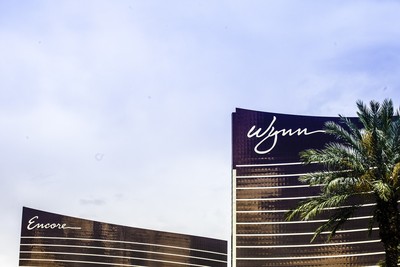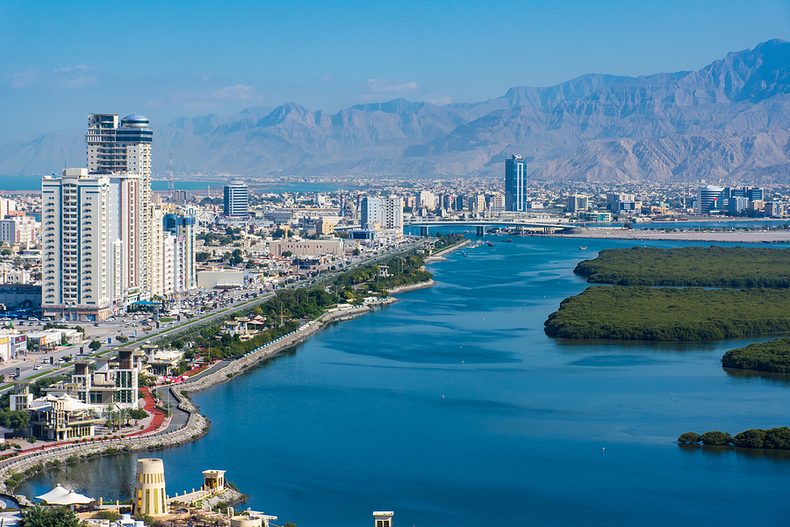 It’s fair to say that 2021 was a mixed bag of a year for Wynn Resorts.
It’s fair to say that 2021 was a mixed bag of a year for Wynn Resorts.
They returned some decent numbers – including revenue of a shade under $1 billion in the third quarter of the year, although their share price has taken a bit of a hammering thanks largely due to the ongoing situation in Macau.
The firm owns a considerable property, Wynn Macau, in the Asian autonomous region, but travel bans put into place during the last two years – and a regulatory crackdown from the government in China – has witnessed earnings plummet, so much so in fact that they had to borrow a staggering $1.5 billion from the Bank of China just to keep the resort going.
Even so, the company’s CEO – Matt Maddox – is putting a brave face on things.
“With our recent investments in innovative food and beverage offerings, a new convention facility in Las Vegas and a revamped casino loyalty program, the best days are ahead for our business in North America,” he said.
“And while there have been some fits and starts along the road to recovery in Macau, we are confident that Macau will benefit from the return of consumer demand as we progress through 2022.”
The firm is starting to get twitchy, however, and they have decided to put their Interactive division up for sale – with an asking price of $500 million, which is considerably less than the $3 billion valuation of the outfit back in 2021.
Wynn had secured funding from Las Vegas Knights owner Bill Foley and basketball legend Shaquille O’Neal for the new project, however after posting a loss of more than $200 million in the second half of 2021, the firm has decided to cut their losses – Maddox describing the online sector as ‘really not sustainable right now.’
Desert Kings

For all those ups and downs, Wynn Resorts might just be about to gain first mover advantage in a brand new market.
The authorities in Ras al-Khaimah, which is one of the seven emirates in the UAE, have announced plans to legalise ‘gaming’ – with rumours of a multi-billion dollar deal with Wynn thought to be on the table.
It has not been confirmed what gaming means as part of the plans – gambling is prohibited under the prevailing Islamic law, and Caesars’ resort in Dubai does not operate as a functioning casino.
However, it has been confirmed that any firm that Ras al-Khaimah partners with will need to ensure ‘compliance with all applicable laws and regulations (including financial crime laws) from operators, suppliers and employees.’ That suggests that monetary betting is part of the proposal.
Considered a less attractive cousin to Dubai amongst tourists, Ras al-Khaimah has been seeking new ways to attract international travellers to the region – the opening of a strictly-monitored gambling resort, tentatively scheduled for 2026, might just help with that.
And casinos have long been rumoured for the UAE. Firms including MGM, Bellagio and Aria have all held discussions with decision-makers in a number of the country’s various emirates, while the decommissioned Queen Elizabeth II has opened as a hotel in Dubai – complete with deactivated slot machines.
